Back to Courses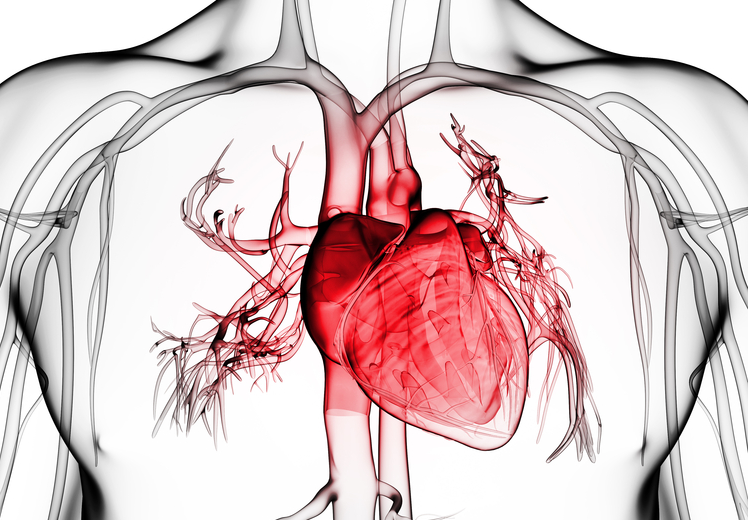
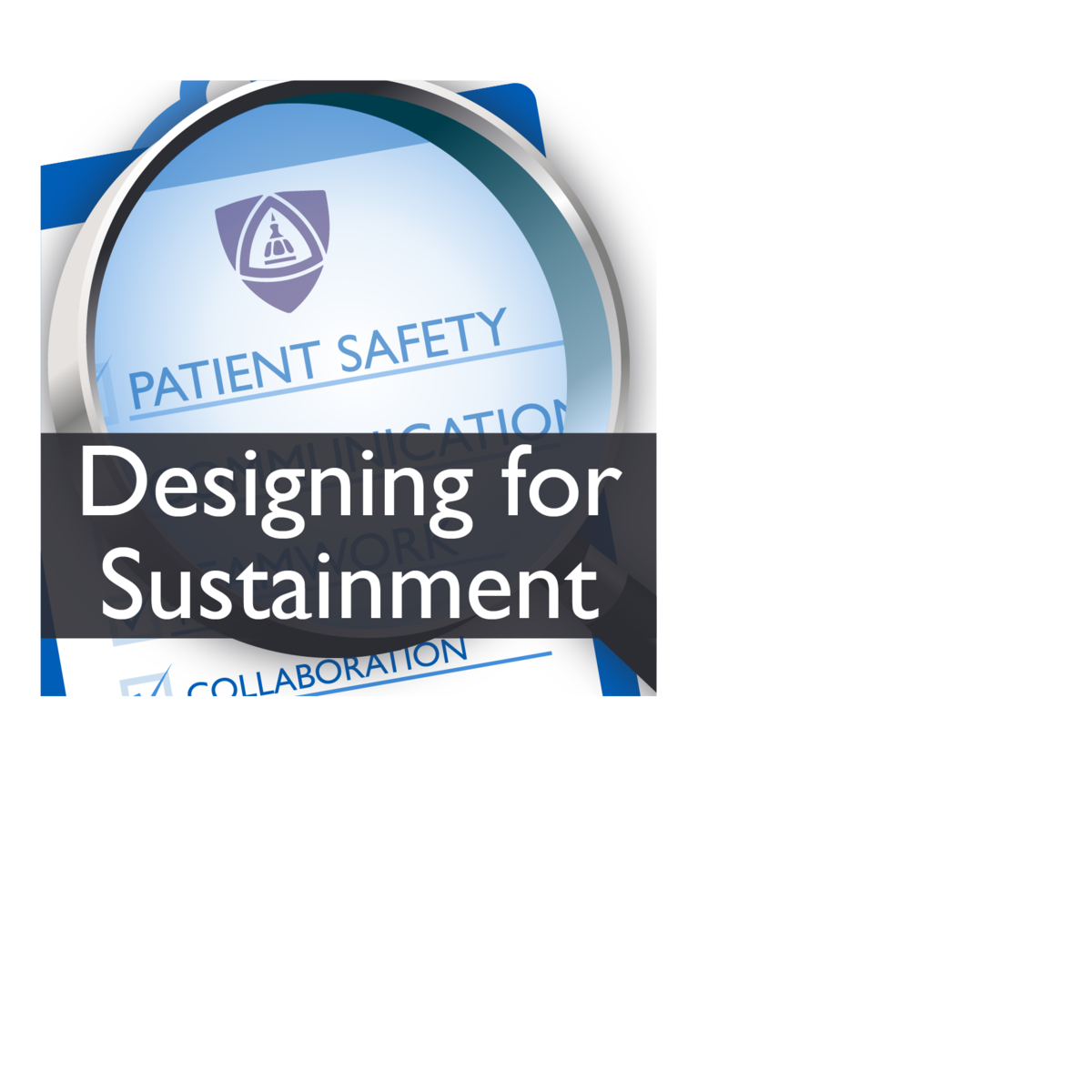
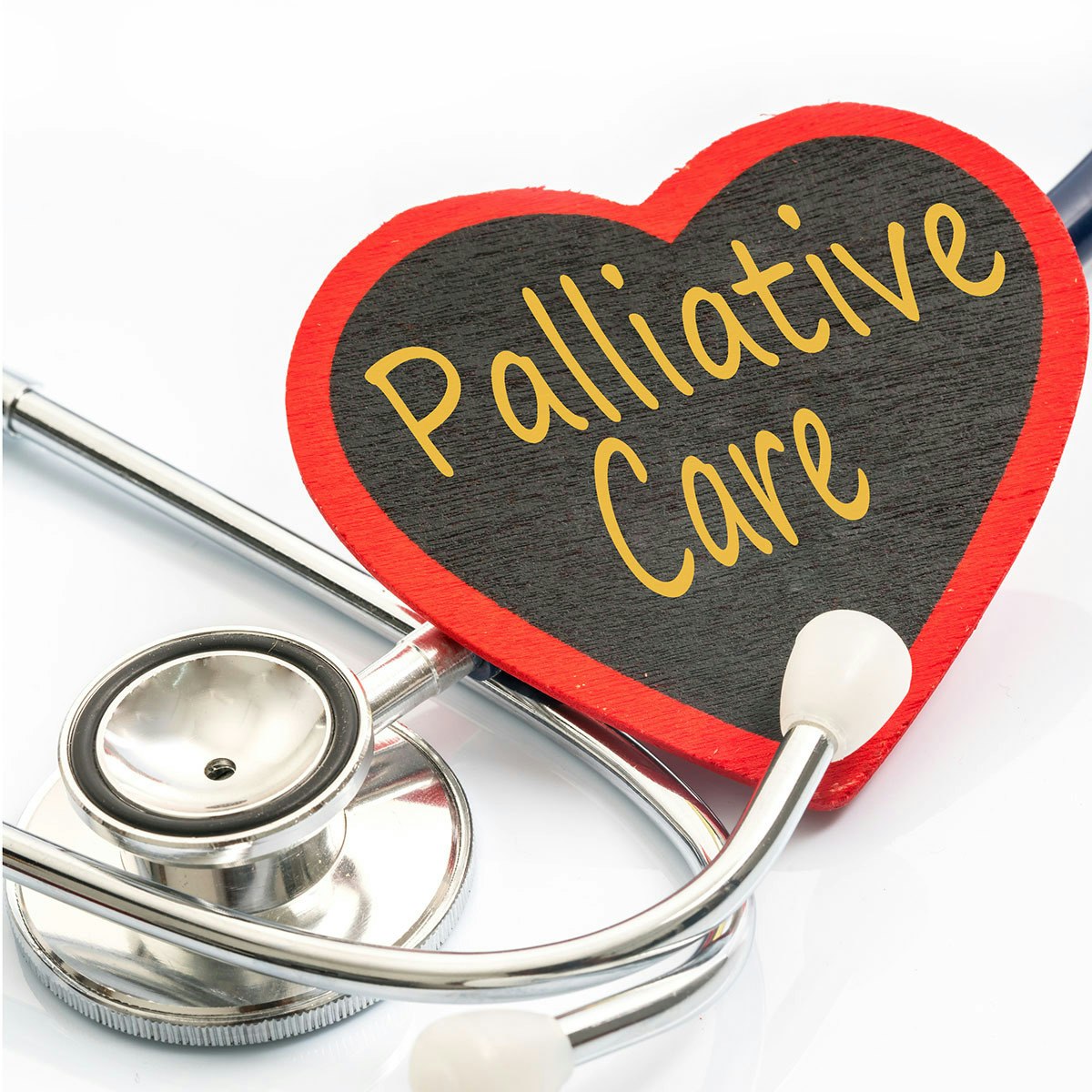



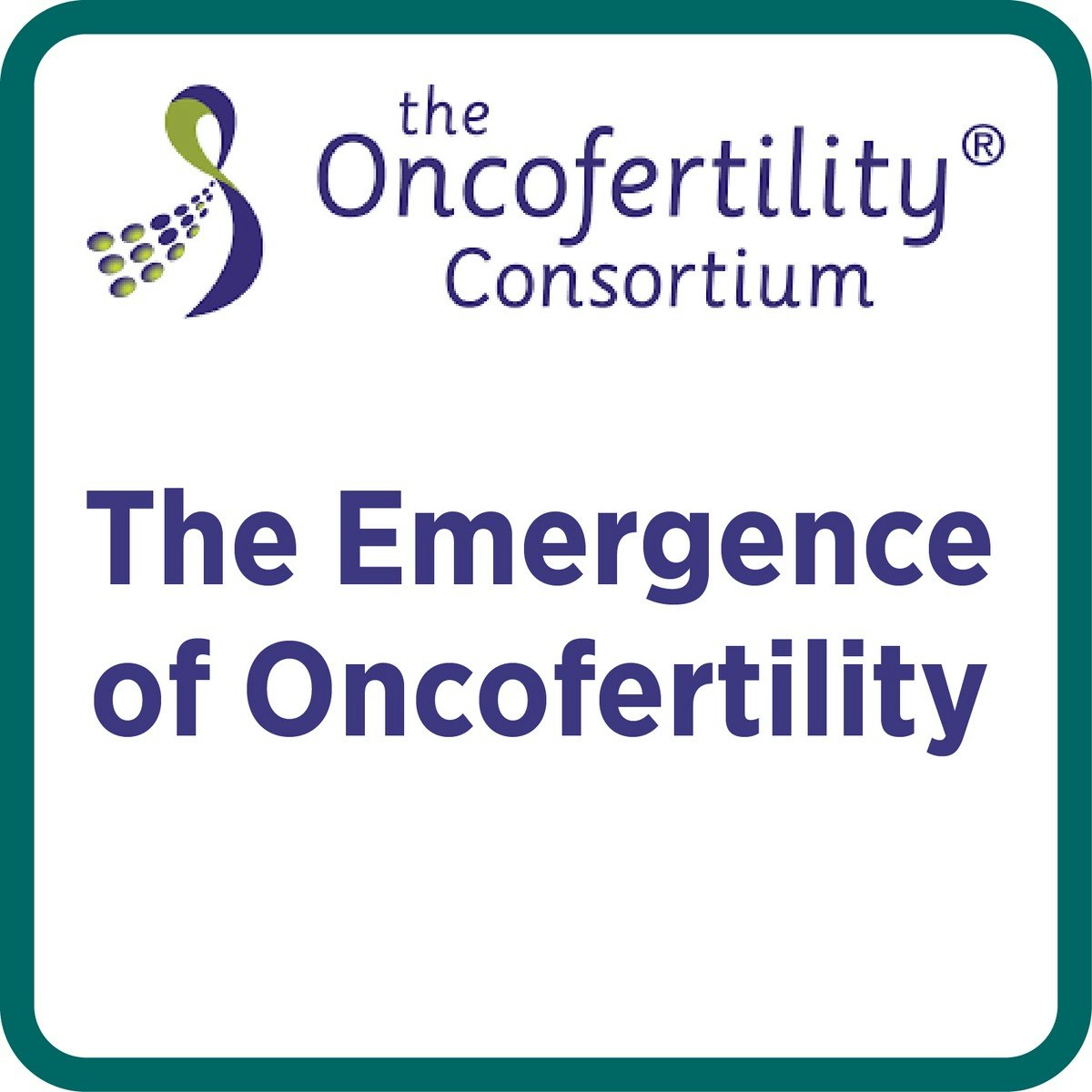
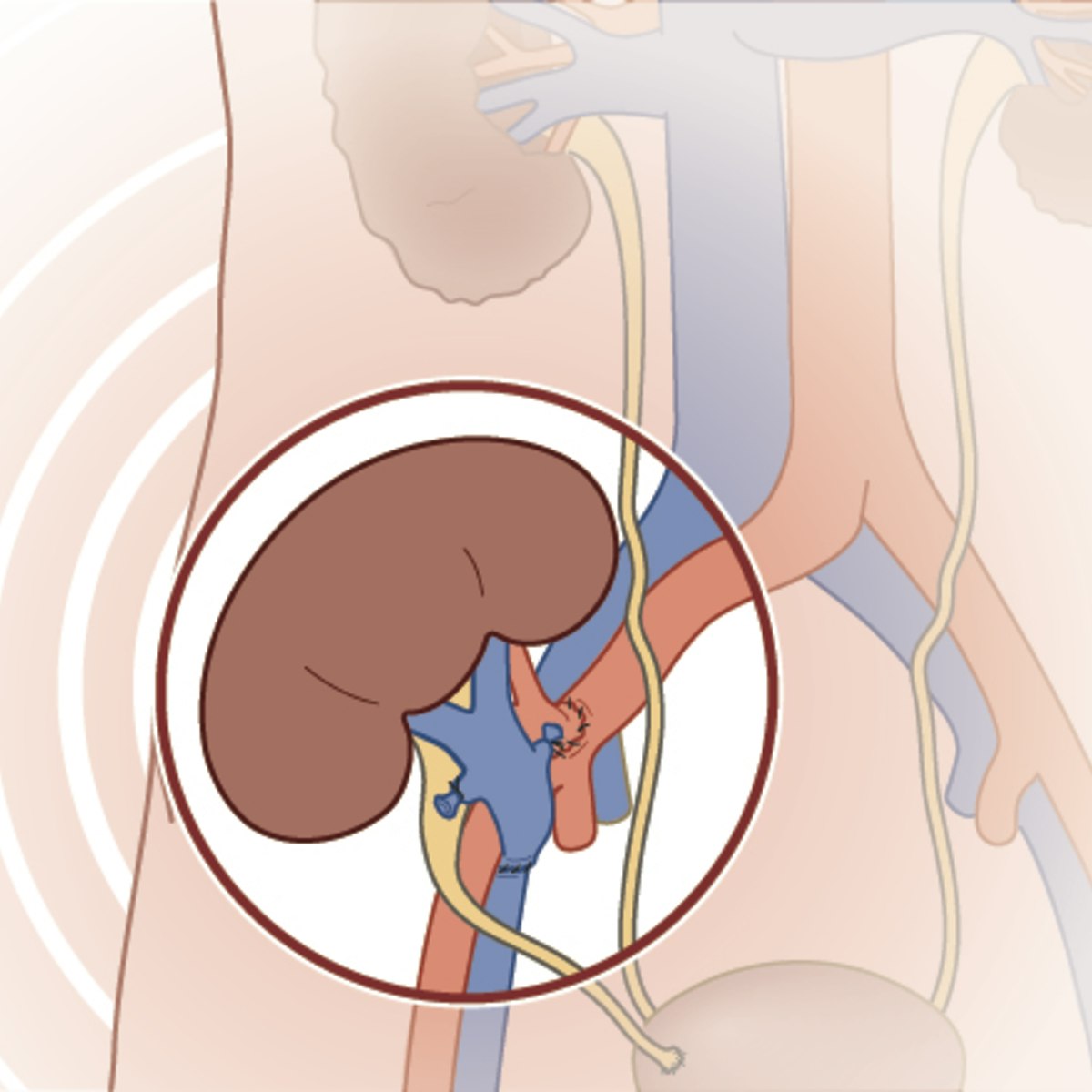

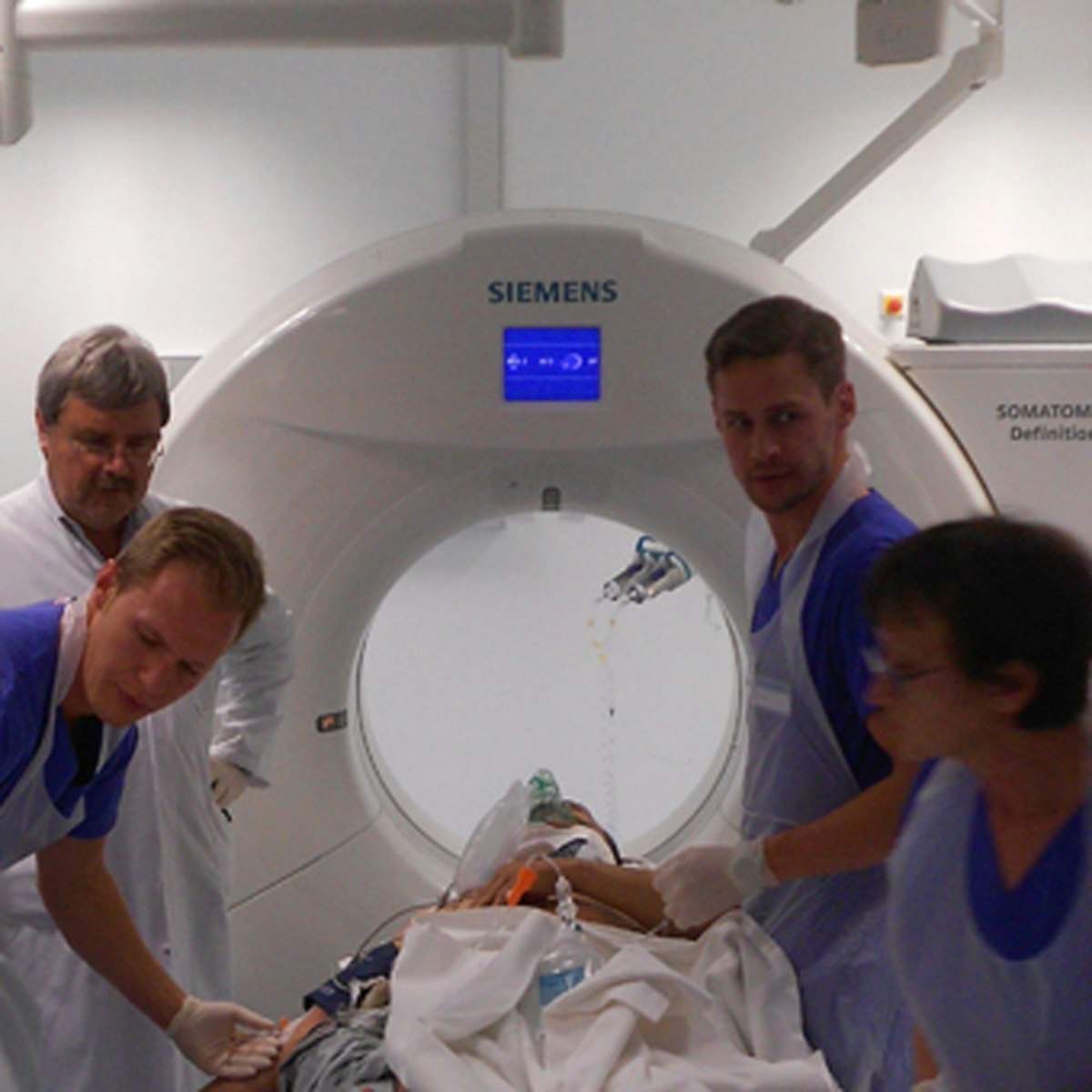
Patient Care Courses
Showing results 1-10 of 89

Vital Signs: Understanding What the Body Is Telling Us
The vital signs – heart rate, blood pressure, body temperature, respiration rate, and pain – communicate important information about the physiological status of the human body. In this six-part course we explore the anatomy and physiology underlying the vital signs so that you will develop a systematic, integrated understanding of how the body functions. Relevant body systems are reviewed including cardiovascular and respiratory, followed by explanations of how the function of these systems affects vital signs. We discuss normal ranges, normal variants, and the mechanisms that underlie changes in the objective measurement of vital signs. The course also includes demonstrations of appropriate techniques for measuring vital signs in yourself and others.
The course is designed for a broad, general audience but will be particularly interesting for individuals working in healthcare, those considering a career as a healthcare professional, lay caregivers, those with an interest in personal health and fitness, or anyone who simply wants to understand how the body functions.

Designing for Sustainment: Keeping Improvement Work on Track (Patient Safety IV)
Keeping patient safety and quality improvement projects on track, on time, and on budget is critical to ensuring their success. In this course, students will be introduced and given the opportunity to apply a series of tools to guide and manage patient safety and quality initiatives. These include tools for defining what success looks like, developing a change management plan, and conducting a pre-mortem to identify risks for project failure. This course will also provide tools for engaging stakeholders to ensure key players are invested in your project’s success.

Essentials of Palliative Care
This course starts you on your journey of integrating primary palliative care into your daily lives. You will learn what palliative care is, how to communicate with patients, show empathy, and practice difficult conversations. You will learn how to screen for distress and provide psychosocial support. You will learn about goals of care and advance care planning and how to improve your success with having these conversations with patients. Finally, you will explore important cultural considerations and improve your cultural competency on the topics covered.
For clinicians, the goal of this course is to help you incorporate primary palliative care into your daily practice or help you know when to seek a specialist. We will help you improve your patient’s quality of life and provide self-care tips to help you maintain your own. For patients and caregivers, this course will empower you to talk to your provider and get palliative care, if necessary.
Stanford Medicine is jointly accredited by the Accreditation Council for Continuing Medical Education (ACCME), the Accreditation Council for Pharmacy Education (ACPE), and the American Nurses Credentialing Center (ANCC), to provide continuing education for the healthcare team. Visit the FAQs below for important information regarding 1) Date of original release and Termination or expiration date; 2) Accreditation and Credit Designation statements; 3) Disclosure of financial relationships for every person in control of activity content.

Fundamentals for Implementing a Hypertension Program
This course provides the fundamental knowledge necessary for program managers and implementors in a hypertension control program, especially in resource-limited settings. The course is interactive and includes useful tips relevant to different settings. The course should be also relevant to physicians, nurses, pharmacists, community health workers, and others who are interested in learning about hypertension diagnosis and management.

Introduction to Integrative Therapies and Healing Practices
This introductory course provides a framework for incorporating integrative therapies into your work with clients or patients. By the end of the course, you will be able to assess if integrative therapies are good options in specific situations, as well as educate patients and colleagues about benefits and risks. You will be confident discussing the evidence base for integrative therapies in general, with an understanding of some of the challenges of research in this area, and able to identify reliable sources of evidence-based information. You will leave with the skills to partner with patients or clients around use of these therapies and a plan to introduce integrative therapies in your work or other setting.
Continuing Education Credit
This course has been designed to meet Minnesota Board of Nursing continuing education requirements for 15 contact hours and may be eligible for CE credit from other professional boards that allow self-documenting of continuing education activities. It is your responsibility to check with your regulatory board to confirm this course meets your local requirements and, if necessary, to provide them with the certificate of completion you get if you pay for and fulfill all the requirements of this course.

Service Transformed: Lessons in U.S. Veteran Centered Care
Improving health care for veterans has become a matter of national attention and has gained increasing attention from the medical community. With the current surge of veterans reintegrating into civilian society it is critical to improve the training of the next cadre of providers who will provide care for our veterans. It is widely known that veterans receive care in all aspects of the health system, thus providers in veteran focused care facilities, military health serves and civilian locals must be aware of the unique needs of veterans. It is perhaps even more important to educate civilian providers who may be unfamiliar with the unique physical, mental and emotional needs related to military service.
Course Audience
- all health professions learners, example:
- medical students, resident physicians, dental students,
- nursing students, advanced practice nurses,
- social work, pharmacy student as graduate level learners
- as well as any and all health professionals interested in veteran-centered care
What You Will Learn:
This course will provide learners the opportunity to engage with material to facilitate their understanding of the origins of Academic Medical Centers and Veterans Administration affiliations, recognize and manage the influence of bias, class, and power on the clinical encounter and self-reflect on their biases that particularly affect U.S. military veterans. This course also features several video clips from the acclaimed documentary, Where Soldiers Come From, directed by Heather Courtney.
The views expressed in this course are those of the authors and do not necessarily reflect the position or the policy of the Department of Veterans Affairs or the U.S. government.

The Emergence of Oncofertility (Past, Present & Future)
Oncofertility is a new interdisciplinary field at the intersection of oncology and reproductive medicine that aims to provide effective fertility options to young cancer patients undergoing gonadotoxic anticancer therapy through several fertility preservation and restoration strategies.
This course aims to provide participants with an exciting learning curve to ensure they understand the fundamentals of oncofertility and help them advance their career. This course is offered by the Oncofertility Consortium that represents a global, interdisciplinary, and interprofessional network of experts, medical specialists, scientists, researchers and scholars who are exploring the relationships between health, disease, survivorship and fertility preservation in young cancer patients. The Oncofertility Consortium was created in 2007, and over the past 15 years, it has developed and led the field of oncofertility to improve the quality of life and expand options for the reproductive future of cancer survivors on local, national and global levels.
Global Target Audience: This course is primarily targeted towards early-career healthcare professionals, trainees, researchers & scholars around the globe working in Reproductive Endocrinology and Infertility, Andrology and Male Infertility, as well as Pediatric and Adult Hematology/Oncology. Interested healthcare professionals, trainees, researchers & scholars from Obstetrics/Gynecology, Urology, Oncology, Pediatrics or any related sub/specialty are welcome.
Sincerely,
Oncofertility Consortium
Michigan State University
Department of Obstetrics, Gynecology and Reproductive Biology
965 Wilson Road, Room A626B
East Lansing, MI 48824-1316, USA
Phone: +1 (517) 884 6434
Email: oncofert@msu.edu
Web: https://oncofertility.msu.edu/

Clinical Kidney, Pancreas and Islet Transplantation
Kidney transplantation is a major advance of modern medicine which provides high-quality of life for patients with end-stage renal disease. What used to be an experimental, risky, and very limited treatment option more than 50 years ago is now routinely performed in many countries worldwide. The number of renal transplants is expected to rise sharply in the next decade since the proportion of patients with end stage renal disease is increasing.
Are you interested in clinical kidney, pancreas and islet transplantation? If you are a (bio) medical student or a health care professional who works in the (pre) clinical transplant field this might be the course for you. This course is also for anyone interested in the research and knowledge on clinical transplantation. The course will be taught by a multidisciplinary team of transplant professionals and will give you the state of the art updates.
It is divided in 4 modules:
1) Before the transplant
2) The surgical procedures and the challenged patient, including the patient with diabetes
3) Early challenges
4) Late challenges after transplantation.
The offered modules will include lectures, interactive patient cases, 3D movies, interviews with well-known experts and with patients and a donor, a serious game to increase knowledge of the field and of course an active forum. Become an expert and join us!
The course has been endorsed by The European Society of Organ Transplantation (ESOT), The International Society of Nephrology (ISN) and The Transplantation Society (TTS).
This MOOC has been accredited for Continuing Medical Education (CME). Health care professionals who works in the (pre) clinical transplant field, other health care professionals and general practitioners can obtain CME credit at 'LUMC-Boerhaave CME' upon passing the course. For more information we like to refer to the "Additional introduction for obtaining CME credit" module in week 1 of the course
For another interesting course on organ donation and transplantation, see Organ Donation: From Death to Life from Cape Town University https://www.coursera.org/learn/organ-donation

Impacting the Opioid Crisis: Prevention, Education, and Practice for Non-Prescribing Providers
This course will empower non-prescribing providers to directly impact the ongoing opioid crisis in the United States through increased knowledge and tools that will transform practice and policies. The course will inform you about the opioid epidemic and provide information and research about evidence-based strategies that are focused on prevention, intervention, education, or policy.
This open learning course is designed primarily for non-prescribing healthcare, behavioral health, dental and social services professionals, as well as graduate-level students in these fields. Other individuals may also benefit from this course such as educators and physicians.
As a learner, you have the ability to select any or all of the modules and topics that interest you. You can complete the course in a linear or non-linear structure according to your preferred viewing order. This course is taught by experts in the field of opioid prevention, intervention, treatment, and policy. Through lectures, panels and interviews, knowledge checks and quizzes, and additional readings and activities, you can explore topics that are most relevant to your work or practice.
The course was developed by three University of Michigan programs, including the Institute for Healthcare Policy and Innovation (IHPI), Michigan-Opioid Prescribing Engagement Network (Michigan OPEN) and the CDC-funded University of Michigan Injury Prevention Center.
The course consists of 6 “lessons” or modules of varying length, for a total commitment of about 15 hours.

The Basics of Trauma Surgery
This course imparts a wide range of basic knowledge and skills in the field of trauma surgical and orthopedic treatment of patients. To facilitate this, the course employs a new concept of information transfer. We follow a scientific approach and a sophisticated combination of modern teaching methods to vividly impart the taught contents. This included case-based learning, comprehensive factual knowledge, and consecutive quizzes, which help to better memorize the learned contents and later employ them in everyday situations in the field of trauma surgery.
The course participants are introduced to the multi-faceted field of the treatment of trauma patients. Different trauma mechanism and their sequelae are elucidated, as well as the respective gold standard of medical treatment of these injuries by means of modern trauma surgery. All episodes – of which each one is dedicated to a distinct pathology – follow the same approach:
• Introduction and/or repetition of the anatomic principles
• Prelude of the topic by means of a film
• Classification of the treated wound, e.g. according to AO
• Summary of relevant and current therapeutic options
• Each episode is interspersed with short quizzes to immediately recapitulate the learned contents and which will help solving the exam quizzes
The course was compiled by an interdisciplinary team of internationally renowned experts from the special field of orthopedic surgery from Germany. Depending on the respective consultant’s specialization, suitable case scenarios from our clinic are presented.
Dieser Kurs ist auch in deutscher Sprache verfügbar. Für die ursprüngliche, deutsche Version des Kurses besuchen Sie bitte https://www.coursera.org/learn/unfallchirurgie.
Popular Internships and Jobs by Categories
Find Jobs & Internships
Browse
© 2024 BoostGrad | All rights reserved